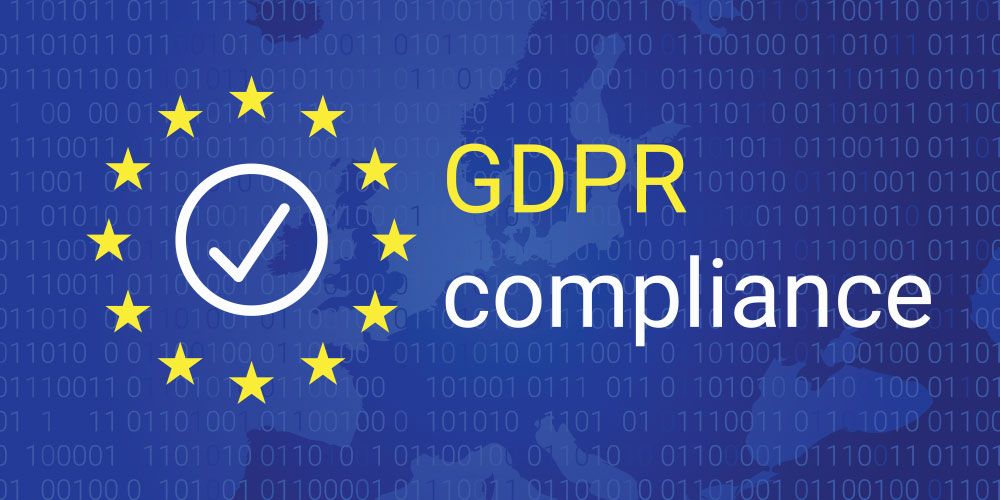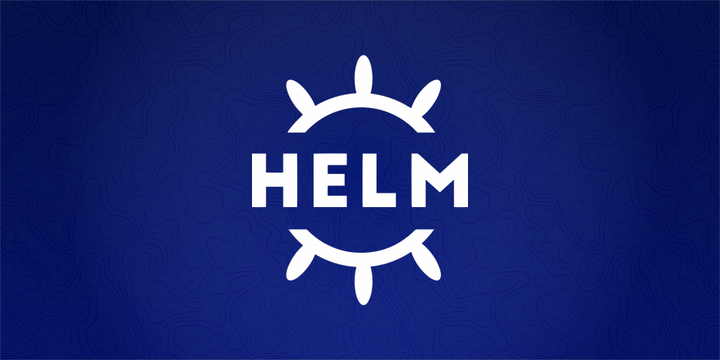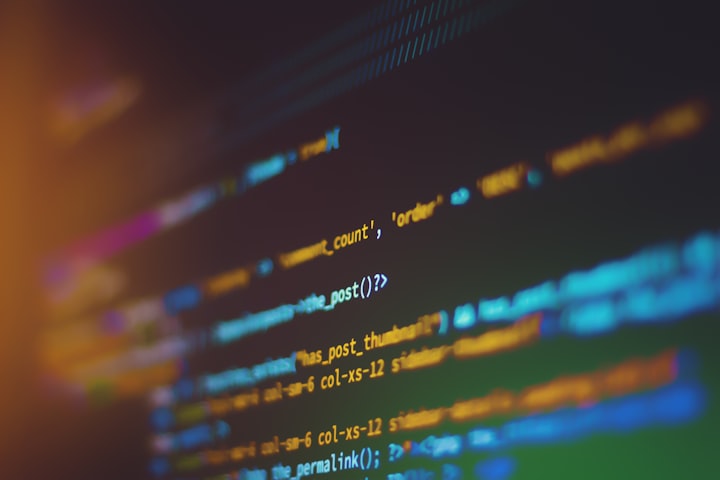Best Practices in DevOps for GDPR Compliance

The General Data Protection Regulation (GDPR) is a comprehensive data privacy regulation that has significantly impacted the way organizations handle personal data.
DevOps, which emphasizes automation, collaboration, and efficiency in software development and IT operations, plays a crucial role in ensuring GDPR compliance.
In this article, we'll explore some best practices in DevOps to help organizations respect GDPR requirements.
1. Data Minimization and Encryption
DevOps teams should work closely with data protection officers to ensure that only necessary data is collected and processed.
Implement encryption techniques, such as encryption at rest and in transit, to protect sensitive data.
Use tools like HashiCorp Vault or AWS Key Management Service (KMS) to manage encryption keys securely.
2. Infrastructure as Code (IaC)
Adopt Infrastructure as Code practices to manage your cloud resources and infrastructure.
Tools like Terraform, Ansible, or AWS CloudFormation allow you to define infrastructure configurations as code, making it easier to track changes, maintain consistency, and apply security policies.
This transparency helps in documenting and controlling data processing activities.
3. Continuous Integration and Continuous Deployment (CI/CD)
CI/CD pipelines should be configured to include security checks and compliance validations. Automated testing should include checks for vulnerabilities and security issues.
By integrating security into the CI/CD process, you can catch potential GDPR compliance violations early in the development cycle.
4. Access Control and Identity Management
Implement robust access control mechanisms and user identity management. Use tools like AWS IAM, Azure AD, or Okta to control and monitor user access to systems and data.
Ensure that access is granted on a need-to-know basis and is consistently reviewed and audited.
5. Audit Trails and Logging
Maintain detailed audit trails and logs of all system and data access. Log data should be securely stored, and access should be restricted to authorized personnel only.
Use log management and analysis tools to monitor for suspicious activities and potential data breaches.
6. Backup and Disaster Recovery
Regularly back up data and establish disaster recovery plans. Ensure that backups are encrypted and stored in secure locations.
Test your disaster recovery procedures to minimize downtime and data loss in case of a breach.
7. Data Portability and Erasure
DevOps teams should develop processes to support data portability and erasure requests as required by GDPR.
This includes implementing APIs and automated scripts to facilitate data transfer and deletion when requested by data subjects.
8. Automated Compliance Checks
Leverage automated compliance checking tools and frameworks to continuously monitor your infrastructure and applications for GDPR compliance violations. Tools like Chef InSpec or AWS Config can help automate compliance checks.
9. Secure Containerization
If you use containerization technologies like Docker or Kubernetes, ensure that containers are securely configured and monitored.
Use container security tools to scan images for vulnerabilities and enforce security policies.
10. Collaboration and Training
Promote a culture of collaboration between development, operations, and compliance teams.
Provide regular GDPR compliance training to all team members involved in the development and deployment process. Encourage communication and knowledge sharing regarding GDPR best practices.
11. Incident Response Plan
Develop a well-defined incident response plan that includes procedures for detecting, reporting, and responding to data breaches.
Test the plan regularly through simulations and tabletop exercises to ensure an effective response in case of a security incident.
Conclusion
GDPR compliance is an ongoing process that requires collaboration between different teams within an organization. DevOps practices can greatly facilitate GDPR compliance by automating security checks, ensuring transparency, and promoting a culture of security and data protection.
By implementing the best practices outlined in this article, organizations can not only meet their GDPR obligations but also enhance data security, build trust with customers, and avoid costly fines and reputational damage associated with GDPR violations.
Ultimately, GDPR compliance should be an integral part of the DevOps pipeline, ensuring that data privacy is at the forefront of every software development and deployment process.


